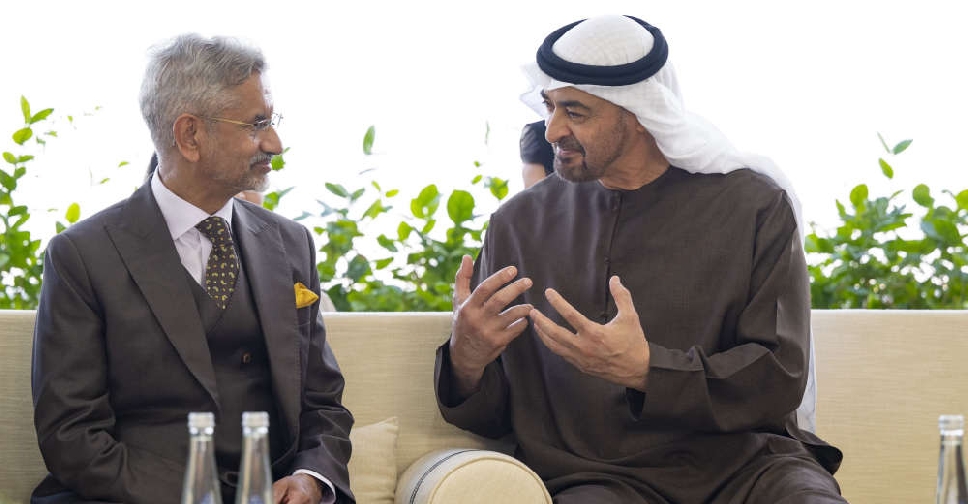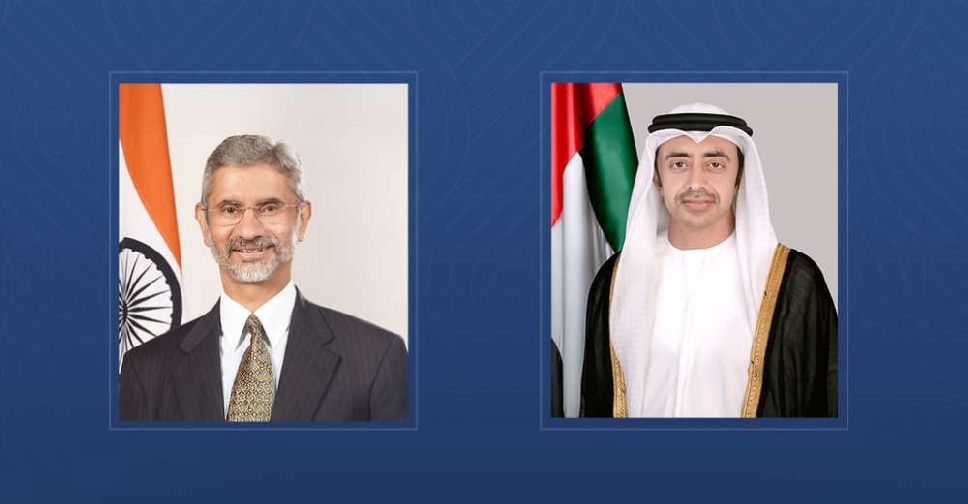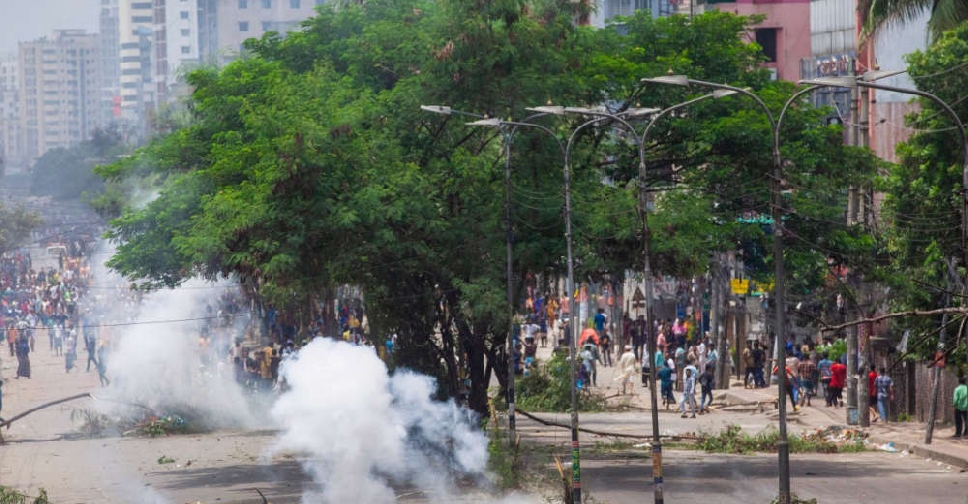
Three people were killed in Bangladesh on Friday as police cracked down on unrelenting student-led protests against government job quotas despite a ban on public gatherings, local media said.
Telecommunications were also disrupted and television news channels went off the air. Authorities had cut some mobile telephone services the previous day to try quell the unrest.
Bengali newspaper Prothom Alo reported train services had been suspended nationwide as protesters blocked roads and threw bricks at security officials.
Three people were killed on Friday, it said, after violence on Thursday in 47 of Bangladesh's 64 districts killed 27 and injured 1,500.
The reports could not be immediately verified and police have not issued a casualty toll.
The US Embassy in Dhaka said that reports indicated more than 40 deaths and "hundreds to possibly thousands" injured across Bangladesh.
In a security alert, it said protests were spreading, with violent clashes being reported across Dhaka. The situation was "extremely volatile", it said.
The protests initially broke out over student anger against controversial quotas which set aside 30 per cent of government jobs for the families of those who fought for independence from Pakistan.
The nationwide unrest - the biggest since Prime Minister Sheikh Hasina was re-elected this year - has also been fuelled by high unemployment among young people, who make up nearly a fifth of a population of 170 million.
Some analysts say the violence is now also being driven by wider economic woes, such as high inflation and shrinking reserves of foreign exchange.
The protests have opened old and sensitive political faultlines between those who fought for Bangladesh's independence from Pakistan in 1971 and those accused of collaborating with Islamabad.
The former include the Awami League party of Hasina, who branded the protesters "razakar" - making use of a term that described independence-era collaborators.
International rights groups criticised the suspension of services and the action of security forces. The European Union said it is deeply concerned by the violence and loss of life.
"It is vital that further violence is averted and that a peaceful resolution to the situation is found as swiftly as possible, underpinned by the rule of law and democratic freedoms," it said in a statement.
Neighbour India said the unrest was an internal matter of Bangladesh and that all 15,000 Indians in that country were safe. Indians studying in Bangladesh were returning by road.
Violence linked to the protests also broke out in distant London, which is home to a large Bangladeshi population, and police had to quell clashes between large groups of men in the east of the British capital.
 Plane catches fire at Busan airport in South Korea
Plane catches fire at Busan airport in South Korea
 Indian state studies plan to ban petrol, diesel vehicles in Mumbai
Indian state studies plan to ban petrol, diesel vehicles in Mumbai
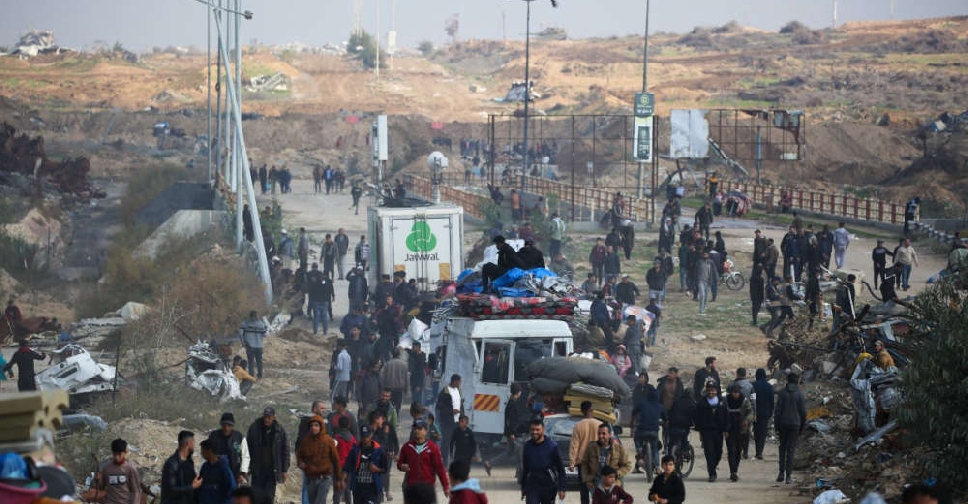 Gaza residents stream home to the north after hostage breakthrough
Gaza residents stream home to the north after hostage breakthrough
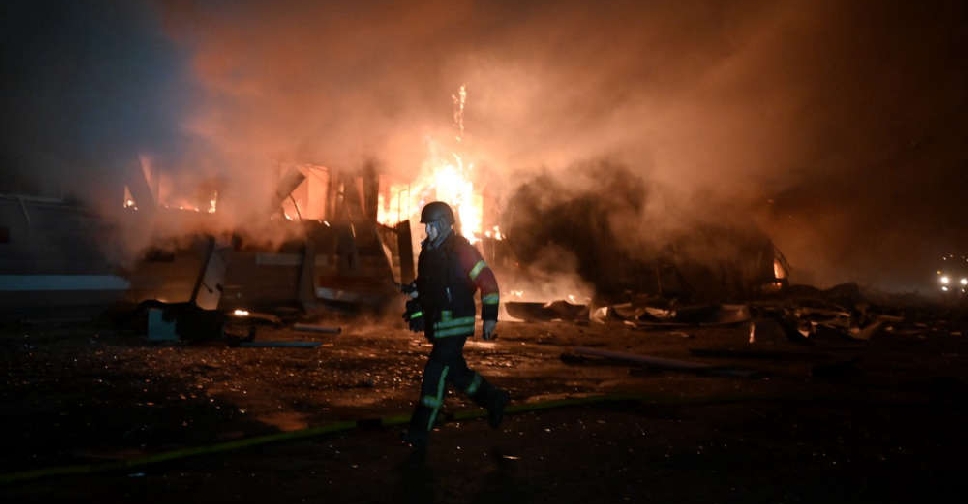 Russian drone attacks in Ukraine injure 8, damage residences
Russian drone attacks in Ukraine injure 8, damage residences
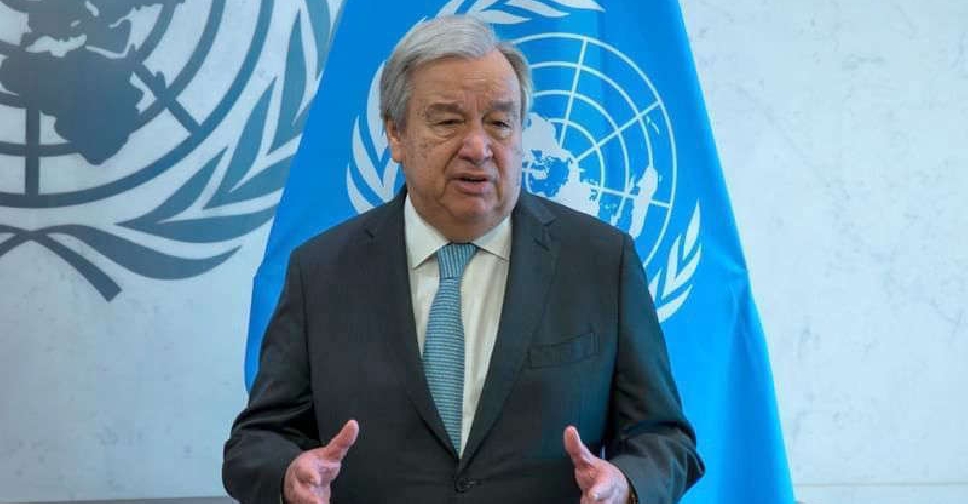 UN Chief expresses concern over US freeze on foreign aid
UN Chief expresses concern over US freeze on foreign aid
